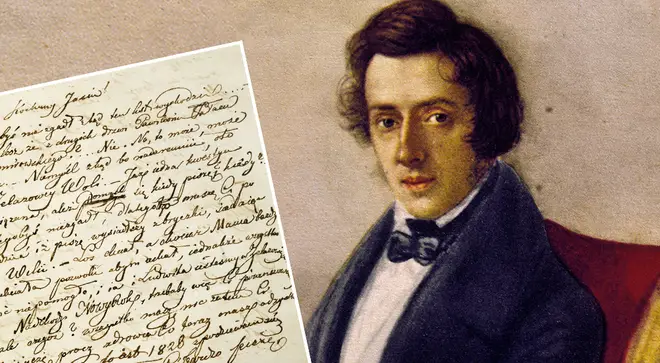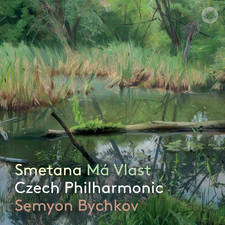Chopin’s love letters to men ‘deliberately’ hushed up, claims new programme
27 November 2020, 09:13

History has written over Chopin’s relationships with men, a music journalist claims, after researching the Polish Romantic’s private letters.
A radio programme has claimed music archivists and biographers have deliberately ignored Frédéric Chopin’s interest in men, in order to make the Polish Romantic composer conform with conservative norms.
Chopin’s Men, a two-hour-long show that aired on Switzerland’s SRF arts channel, claims the composer’s letters have been deliberately mistranslated, hints at his interest in ‘cottaging’ ignored, and rumours of his affairs with women exaggerated.
Presenter and music journalist, Moritz Weber, started reading through Chopin’s letters during the first lockdown and discovered a “flood of declarations of love aimed at men”, some overtly erotic and with smatterings of innuendo. In one, Chopin described rumours of his affairs with women as a “cloak for hidden feelings”.
Chopin’s most studied love affair to date was with the French novelist George Sand – real name Aurore Dupin Dudevant – who changed her moniker in order to be taken seriously in 19th-century, male-dominated literary circles.
She also defied societal norms for a woman by smoking cigars and wearing trousers. Chopin called her his “angel”, and they were supposedly in a relationship for over 10 years.
Read more: 15 great classical composers who also happened to be gay >

Warren Mailey-Smith plays Chopin's 'Minute' Waltz
In the programme, Weber reveals that Chopin wrote 22 letters to his school friend, Tytus Woyciechowski, several of which started with “My dearest life” and ending with “Give me a kiss, dearest lover.”
One read: “You don’t like being kissed. Please allow me to do so today. You have to pay for the dirty dream I had about you last night.”
Read more: Chopin’s face is brought to life in artist’s incredible 3D portraits >
In the radio show, a spokesperson for the Fryderyk Chopin Institute said the intimate language in the letters was the product of Chopin’s lifetime and social background.
“If you read them in the Polish original, it sounds a little bit different,” they said. “The way Chopin uses language is so musical and complicated, to translate all that is madness.”
However, the spokesperson also said there was no evidence of Chopin’s supposed romantic affairs with women, including his infatuation with the Polish soprano Konstancja Gładkowska, or engagement to the Polish artist Maria Wodzińska, in the letters.
Weber told The Guardian that he hoped his findings would invite further study of how Chopin’s sexuality influenced his music. “The fact that Chopin had to hide part of his identity for a long time, as he himself writes in his letters, would have left a mark on his personality and his art.”
























